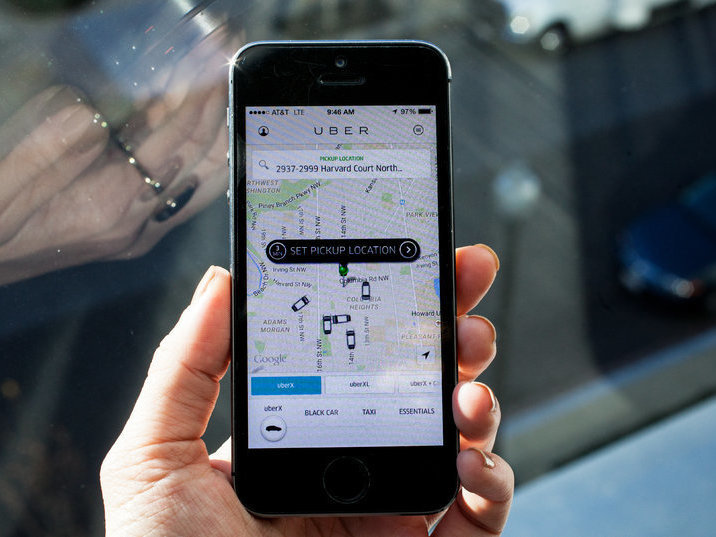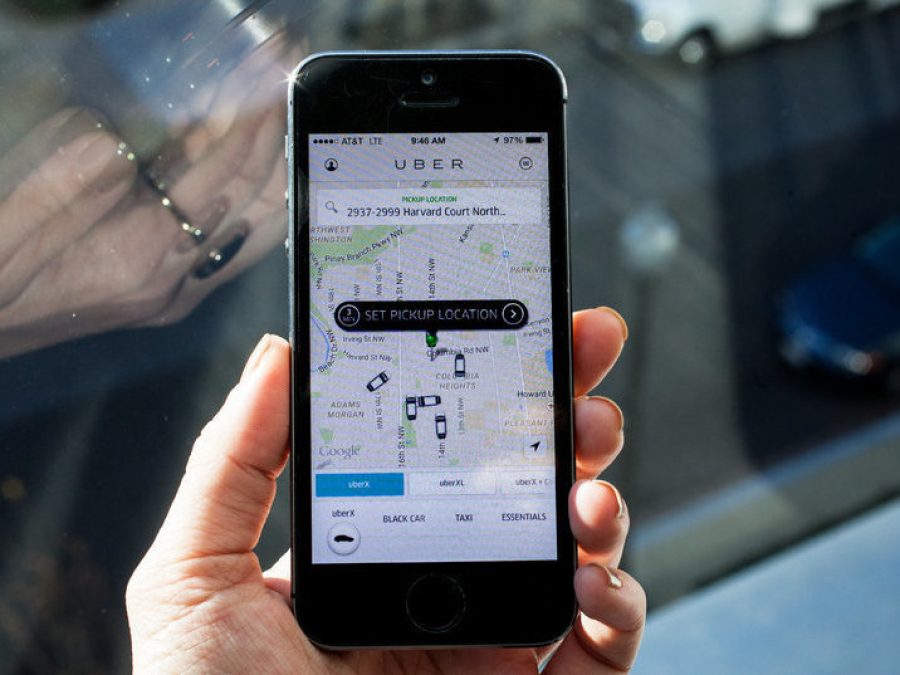Former Uber drivers have reportedly united and returned to work by using a social network to provide taxi services, according to a report by a local Chinese newspaper.
Ride-sharing app Uber announced its withdrawal from Macau last month, leaving many of its approximately 3,000 full-time and part-time drivers out of work.
According to Macau Daily Times, the report contends that “somebody used a team of previous Uber drivers” to operate taxi services.
In a chatting application, two primary contacts are responsible for answering passengers’ orders and allocating drivers.
“The chatting group grows mainly by one member adding another member, but it bans drivers [service providers],” the report reads.
When a member of the chatting group enters a location and a time for a taxi, two intermediary members will take the order and will contact drivers.
After chatting with the customers and the drivers, the intermediaries will provide the drivers’ number, license and car information.
The drivers will then go to pick up the passengers.
Generally, drivers charge MOP50 for distances within the Macau Peninsula, MOP70 from Macau to Taipa, MOP90 from Macau to Cotai, and MOP140 from Macau to Coloane.
The payments are made in cash.
“One resident who used the service […] said that the platform costs less than taxis, even though sometimes there might be situations where there are no cars, but overall the service is not bad,” the report reads.
Another frequent customer indicated that these drivers were Uber drivers, and that the passengers are Uber’s previous customers. This customer also claimed to believe that there are no problems with the current service mode.
The same customer considers that the prices are reasonable, with the most crucial element being that drivers do not refuse to take passengers nor do they overcharge.
The chatting group has clear messages saying that it aims only at helping people who need cars. The group also announced that they will not accept being held accountable for anything taking place outside of the chatting group.
Another passenger who has already used the service, said that it attracted him because the price is lower, relative to taxis, and in fact is basically fixed, and will not be increased even if the cars need to wait in a traffic jam. These reasons made the passenger believe that the adapted ride sharing service still has a market.






